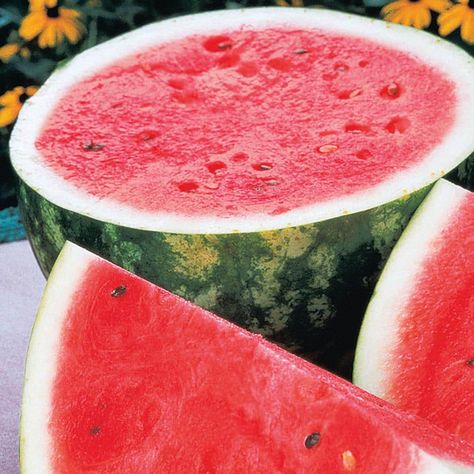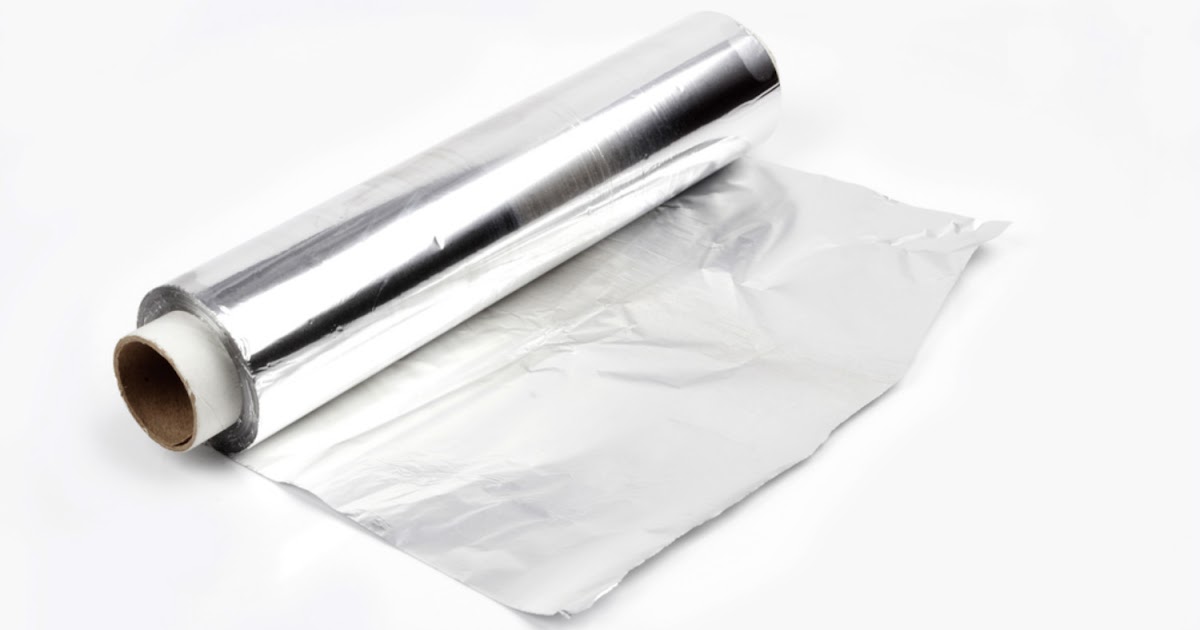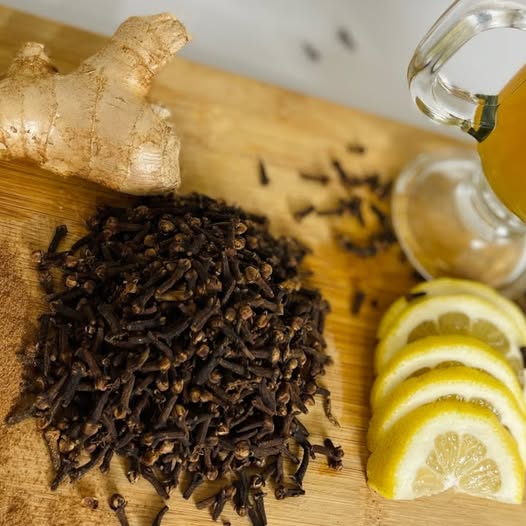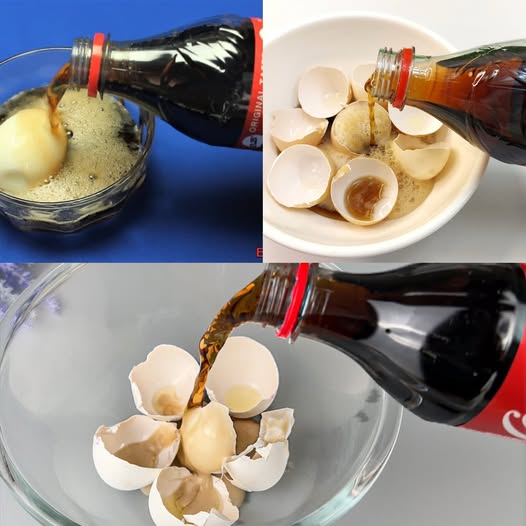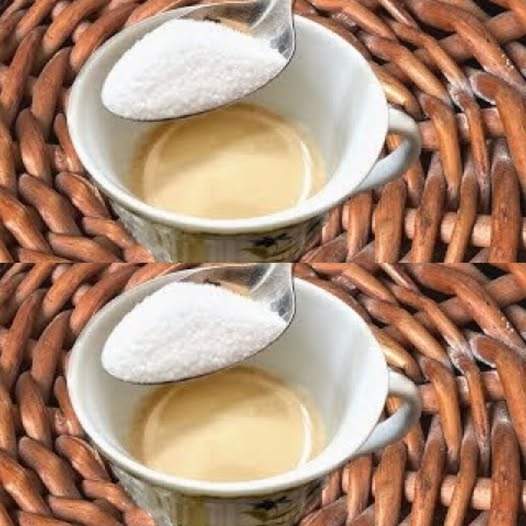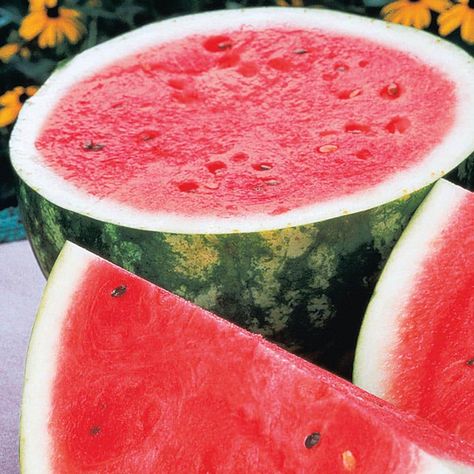
Watermelon seeds are often discarded or overlooked, but they’re packed with nutrients that can provide significant health benefits. Far from being mere waste, these tiny seeds are a powerhouse of nutrients, including magnesium, iron, and good fats. Here’s why you should reconsider tossing them out and how to incorporate them into your diet for optimal health benefits.
Nutritional Power of Watermelon Seeds
1. Rich in Magnesium:
-
One of the standout minerals in watermelon seeds is magnesium. This essential nutrient plays a crucial role in over 300 enzymatic reactions in the body, including energy production, nerve function, and muscle relaxation.
2. High in Iron and Zinc:
-
Watermelon seeds are a good source of iron, which is vital for producing red blood cells and preventing anemia. They also contain zinc, which is important for immunity, skin health, and DNA synthesis.
3. Loaded with Healthy Fats:
-
These seeds are rich in healthy fats, including both polyunsaturated and monounsaturated fats. Consuming them can help support heart health and provide a sustained energy source.
4. Protein-Rich:
-
Surprisingly, watermelon seeds are also a good source of protein, which is necessary for muscle repair and growth.
How to Prepare and Use Watermelon Seeds
Roasting Watermelon Seeds:
Ingredients:
-
Fresh watermelon seeds
-
Olive oil or melted coconut oil
-
Salt or other seasonings (optional)
Instructions:
-
Extract and Clean:
-
Remove the seeds from a watermelon and rinse them under cold water to remove any remaining fruit flesh.
-
Pat the seeds dry with a paper towel.
-
-
Prep for Roasting:
-
Preheat your oven to 325°F (165°C).
-
Toss the seeds in a small amount of oil and sprinkle with salt or other seasonings of your choice.
-
-
Roast the Seeds:
-
Spread the seeds in a single layer on a baking sheet.
-
Roast for 15-20 minutes, stirring occasionally until they are crisp and golden.
-
Other Ways to Enjoy Watermelon Seeds:
-
Incorporate into Granola: Add roasted seeds to homemade granola for an extra crunch and nutritional boost.
-
Sprinkle on Salads: Use them as a salad topping for added texture and protein.
-
Blend into Smoothies: Ground the roasted seeds and add them to your smoothie for a nutrient kick.
-
Make Watermelon Seed Butter: Process roasted seeds in a food processor until smooth, similar to making peanut butter.
Precautions and Considerations
-
Choking Hazard: Ensure to chew watermelon seeds thoroughly, especially when serving to children, as they can pose a choking hazard.
-
Allergies: As with any seed or nut, some people might be allergic to watermelon seeds. If you experience any adverse reactions, discontinue use.
Conclusion
Watermelon seeds are a nutritional gem that should not be discarded. By roasting and incorporating them into your diet, you can take advantage of their numerous health benefits. Whether you’re looking to boost your magnesium intake, add more protein to your diet, or simply enjoy a crunchy snack, watermelon seeds are an excellent choice. Don’t overlook these powerful seeds; they could be the superfood you’ve been missing!
